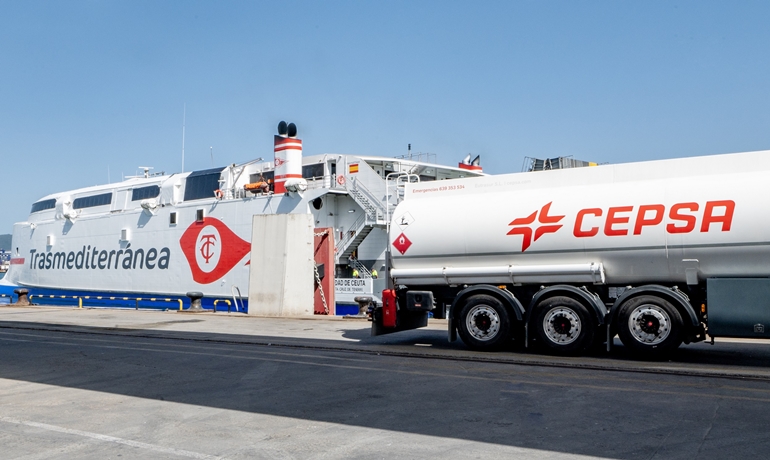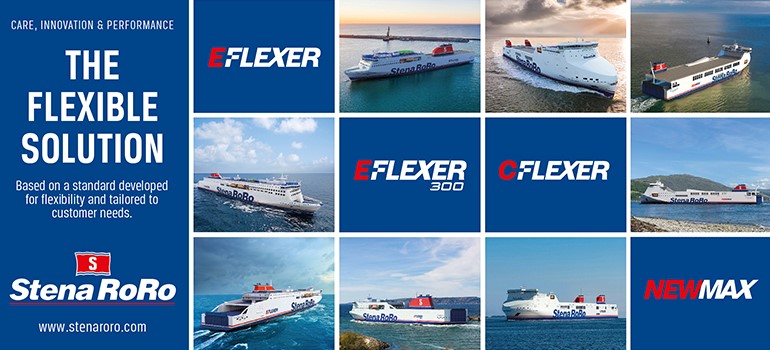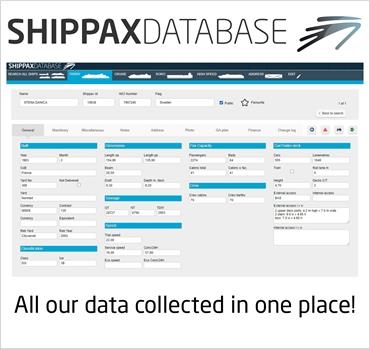
Naviera Armas Trasmediterránea to use Cepsa's second-generation biofuels
In August, Naviera Armas Trasmediterránea ferries will make 84 trips across the Strait of Gibraltar using Cepsa's second-generation biofuels. This is the first time in Spain that passenger ships will use this type of sustainable fuel, produced at Cepsa's San Roque Energy Park (Campo de Gibraltar, Cadiz) from agricultural waste and supplied at the Port of Algeciras, making this port facility a leader in the decarbonization of maritime transport.
Cepsa, which is firmly committed to second-generation biofuels to promote the decarbonization of maritime transport and the circular economy, is supplying this renewable diesel to the Naviera Armas Trasmediterránea ferries that connect Algeciras with Ceuta.
To produce this renewable diesel, Cepsa has transformed one of its plants in the San Roque Energy Park, adapting the Isomax unit for production of second-generation biofuels via co-processing.
These biofuels can be used in ships without engine modifications and have high potential for reducing CO2 emissions compared to conventional fossil fuels. Specifically, during the entire life cycle, from production to use in ships, CO2 emissions can be reduced by up to 90% compared to conventional fossil fuels.
This initiative will avoid over 63 tonnes of CO2 emissions, the equivalent of planting 750 trees, and allow Naviera Armas Trasmediterránea ferries to sail from the Port of Algeciras with up to 15% renewable diesel in their tanks, meeting EU targets ahead of time.
© Shippax
aug 09 2023
Most read
The world’s largest battery installation on a RoPax got its final approval from the class
feb 18 2026
Top executive at P&O Ferries’ owner forced to step down
feb 18 2026
















